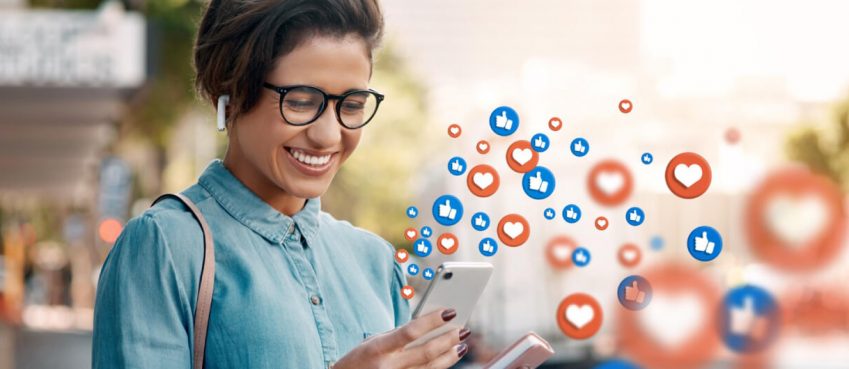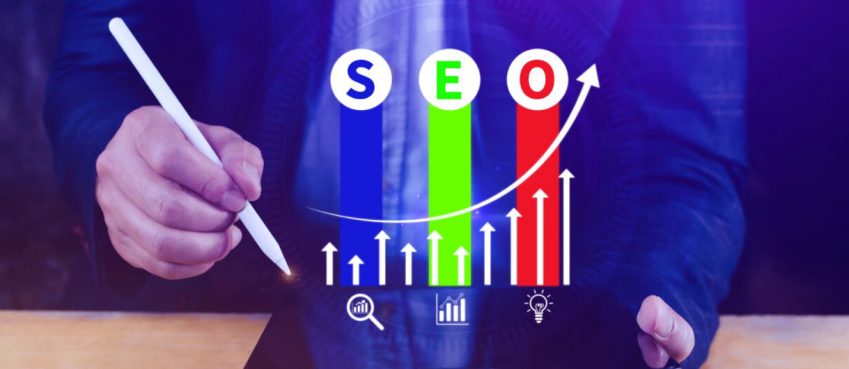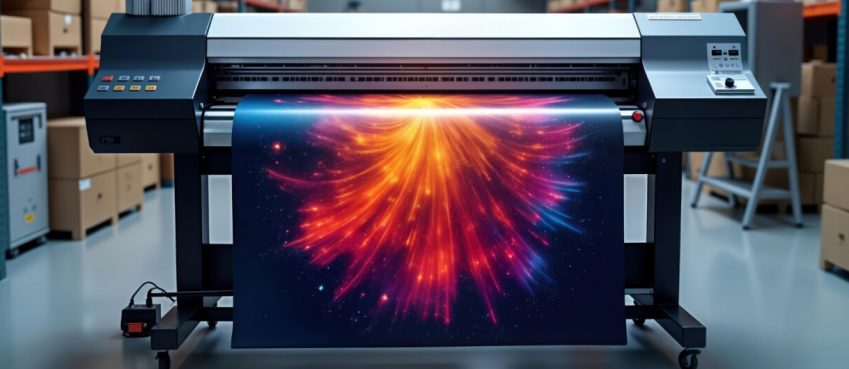
Content personalisation is a one-to-one marketing approach that moves away from treating prospects as a homogenous group towards a more nuanced approach that recognises consumers as individuals.
Particularly important in B2B tech content, personalisation in marketing can help organisations build loyal customer bases and promote trust, by showing clients information that is always relevant to them. And in 2023, the global revenue of this new, more personalised customer experience is projected to surpass £7.5 billion.
Also read: iPhone 14 Pro Max Is Apple’s New iPhone To Be Launched In September (Know The Release Date, Specification, Rumour & More)What is personalisation?
In its simplest form, personalisation is about recognising consumers as human individuals with unique interests, backgrounds and aspirations. Vice President of Marketing at Gryphon.ai, Michelle Tilton, points out that personalisation can be something as simple as giving employees more time to respond to communications, promoting a deeper connection with the consumer.
Yet, on a larger scale, the issue becomes more complicated. Gone are the days when adding the customer’s name to the top of a mass marketing email brought any value. Natalie Daigle, manager of UX research for Brooks Bell, refers to this as ‘faux-personalisation’, a low-effort marketing technique that customers are already desensitised to and tech content writers are desperate to avoid.
A better example? Coca-Cola’s 2012 ‘Share a Coke’ campaign, where the brand name was replaced with consumers’ names. Because consumers had to hunt for their name rather than receiving a personalised can of Coca-Cola in the post, this campaign felt less invasive. The hashtag #shareacoke was trending for weeks, and Coca-Cola saw a rise in sales for the first time in a decade.
Another effective campaign was led by easyJet, with 12,473,608 unique emails highlighting each customer’s personal holiday history with the brand. With open rates 100 per cent higher and a 25 per cent higher click-through rate, this 20th anniversary campaign demonstrated the potential of personalisation.
Unlike segmentation, with reduces the audience into brackets based on age, location, or other demographics, content personalisation offers a wholly unique experience to streamline the customer journey.
Unlike B2C marketing, it’s important to note that there isn’t one sole decision-maker in B2B marketing. Instead, companies must appeal to a group of high-level decision-makers with more to consider than their personal preferences.
One example of successful personalisation in B2B marketing is account-based marketing. This involves singling out individual client accounts and building a marketing campaign aimed directly at them. This strategy is used by the Computer Sciences Corporation with the Demandbase platform, where clients can target specific companies with custom ads. Using this platform, Adobe were able to increase their conversion rate by 300 per cent.
Why personalisation is key to captivating tech audiences
Within the tech space, industry leaders Netflix and Amazon both implement high levels of personalisation to increase clicks, with Amazon’s on-point recommendations promoting impulse buys and Netflix always helping consumers find their perfect show.
As both companies rocket to the highest echelons of success, they leave behind a roadmap to personalisation with the potential to rock the tech industry. Because if, as Accenture suggests, 91 per cent of consumers are more likely to spend money with brands that provide tailored offers and content, then the time to change has come.
Studies indicate that personalisation has a similar effect in B2B marketing. Research undertaken by Econsultancy found that 80 per cent of businesses that implement personalisation in their B2B marketing see a noticeable increase in sales.
The tech industry is renowned for its complicated topics and complex products, meaning that the company that can streamline this experience for non-experts has the best chance of securing and retaining customers.
Whether opting for campaign-specific landing pages that help make every click count or choosing a creative chatbot that can increase conversion rates by 400 per cent, like Lessonly’s friendly llama, adding an element of personalisation to your marketing strategy can keep you competitive in a fast-growing industry.
Using analytics to personalise content
Today’s buyers expect more than their first name in an email. They want relevant, personalised content that works for them. And with the amount of data companies collect worldwide, the problem is turning that measurable data into concrete action.
For that, we need comprehensive analytics and deep-diving insights. With a solid understanding of the overview, the patterns, and the individual moving parts (the consumers), companies can spot relationships between variables that may overwise have been missed.
So, what kind of data is useful? From real-time data about consumer behaviour to simply knowing how much this particular business spends with you each year, each insight is helpful when creating a personalised marketing strategy.
For example, if your company provides recruitment software and can see that a particular client regularly brings in seasonal staff for the Christmas rush, you’ll know that autumn is the best time to send targeted ads, while anything sent in January will likely be ignored.
The best personalisation goes beyond raw demographics and basic recommendations, and towards an orchestration of the consumer’s experience, according to Leala Shah Crawford of Deloitte Digital.
Crawford, leader of the Data Sciences, Analytics and Personalization team, points to knowing your customers and their behaviour intimately as the key to predicting their actions and reacting instantly and also recognises the fine line between personalisation and invasions of privacy.
Also read: Top 10 Job Search Websites of 2024The future of personalisation
As personalisation in tech B2B content marketing becomes more widespread and advanced, its impact on the industry only grows. In 2022, 62 per cent of consumers stated that a brand would lose their loyalty with an unpersonalised experience, so what does the future hold?
Will we see a rise in hyper-personalised, AI-powered marketing campaigns, as predicted by Deloitte? Or, as some foresee, will digital channels seep into our physical spaces for in-the-moment persuasion?
Or with Amazon’s Echo device ready and waiting to recommend chicken soup and cough drops when it hears a nasal tone, perhaps it won’t be long until companies are developing fully personalised landing pages and targeted B2B ads for each individual IP address.
With the future looking more personalised by the minute, it’s important to establish a firm plan for your B2B tech content. Whether you’ve already invested in AI or have yet to plot your first steps to personalised marketing, having a competent content agency by your side can make all the difference.
Because while AI can help with content creation, the marketing and content strategy behind it still needs a human touch. Blending both professional and technology is the way to really make an impact.
Offering a curated collection of content services to help brands make their mark online, creative content agency Contese combines skilled tech Content writers and data-driven strategies with a storyteller’s flair for content that converts and helps IT companies grow.
Top 10 News
-
01
Top 10 Deep Learning Multimodal Models & Their Uses
Tuesday August 12, 2025
-
02
10 Google AI Mode Facts That Every SEOs Should Know (And Wha...
Friday July 4, 2025
-
03
Top 10 visionOS 26 Features & Announcement (With Video)
Thursday June 12, 2025
-
04
Top 10 Veo 3 AI Video Generators in 2025 (Compared & Te...
Tuesday June 10, 2025
-
05
Top 10 AI GPUs That Can Increase Work Productivity By 30% (W...
Wednesday May 28, 2025
-
06
[10 BEST] AI Influencer Generator Apps Trending Right Now
Monday March 17, 2025
-
07
The 10 Best Companies Providing Electric Fencing For Busines...
Tuesday March 11, 2025
-
08
Top 10 Social Security Fairness Act Benefits In 2025
Wednesday March 5, 2025
-
09
Top 10 AI Infrastructure Companies In The World
Tuesday February 11, 2025
-
10
What Are Top 10 Blood Thinners To Minimize Heart Disease?
Wednesday January 22, 2025







